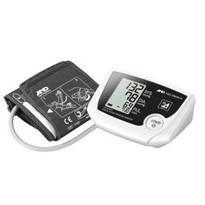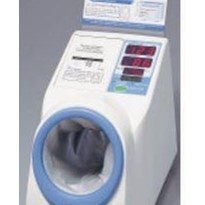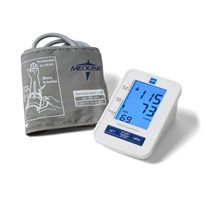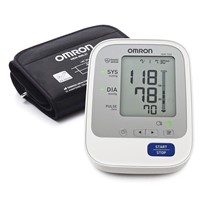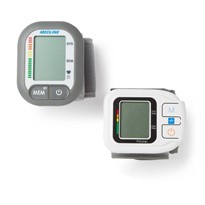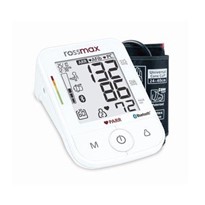However, recent investigations into home blood pressure monitors are pointing towards issues and irregularities in many devices readings.
The at-home monitors have been found to be a lot less accurate than the devices used in hospitals and general practices, forcing doctors to assess their advice on the use of the do-it-yourself technology.
The Problem with Home Blood Pressure Monitors
High blood pressure is an incredibly common issue with people today - around one third of Australians suffer from high blood pressure. Although it is prevalent, the real concern is that over half of the people with high blood pressure do not control it in any way. The use of home monitors is a fantastic way of measuring your blood pressure without a visit to the doctor, and on paper it should be a useful tool for helping more people manage these concerns.
Worryingly, research from the University of Ottawa has indicated that home blood pressure monitors are inaccurate for around 15 per cent of patients. Dr. Swapnil Hiremath worked on the research, and noted that massive discrepancies in the at-home readings. He said: ‘I was taken aback by how inaccurate some of the machines were. They were sometimes 15 or 20 mm Hg off.’
The concerns brought to light by Dr. Hiremath and his team are important for patients. A discrepancy of 20 mm Hg while testing blood pressure is enough to influence how they are treated, and if that reading is wrong, the patient's course of treatment could be completely incorrect. This could in turn lead to some serious health complications, not to mention a massive lawsuit.
What To Do
The advice offered up by Dr. Hiremath and his team is very pragmatic - continue to use your home blood pressure monitors, but do not rely on them. If you have been diagnosed with hypertension or prehypertension, it is very useful to regularly assess your own blood pressure, but couple this with regular doctor visits. It is also very important to be screened at a health care visit at least twice a year.
Finally, if you are going to regularly use your home blood pressure monitor, it is vital that you get the most accurate readings as possible. Avoid any caffeine or nicotine at least 30 minutes before use, try to relax and follow the machine's instructions to the letter. Provided you are keeping a regular log of your readings, your doctor will be able to use this information in your diagnosis.





-160x160-state_article-rel-cat.png)













